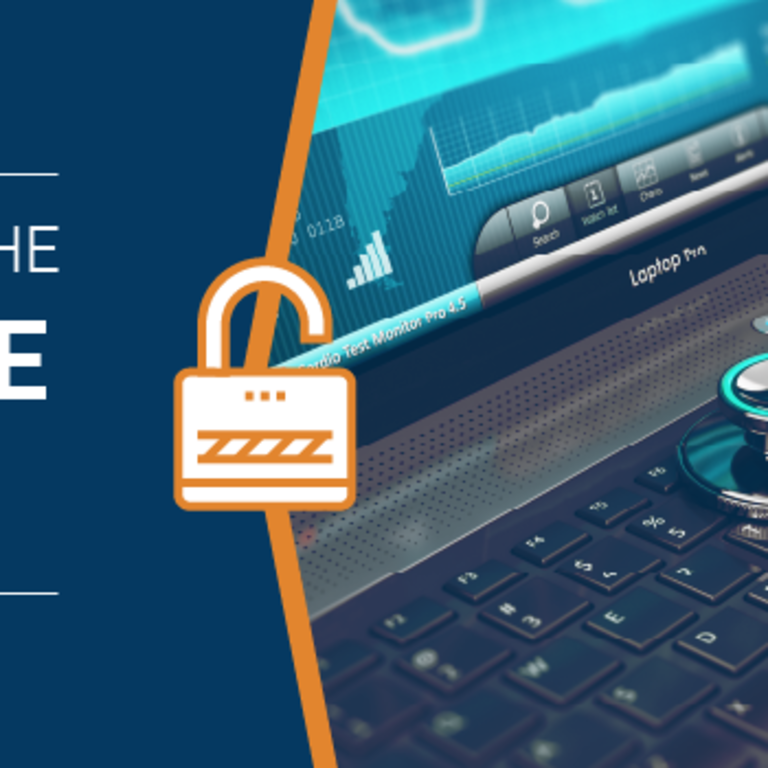March 26, 2020
Secure Remote Workers

Unfortunately, COVID-19 continues to spread across the globe. Like the rest of the world, we are following updates diligently.Due to this evolving public health situation, cyberthreats, including phishing scams and spam, are spiking as online criminals take advantage of the pandemic.Hackers are setting up malicious websites, posing as reputable sources of information about coronavirus. Phishing emails are another popular attack, which can trick its recipients into clicking and opening an email by appearing as a trustworthy or familiar sender.We have already seen an uptick in targeted attacks. Businesses should anticipate those bad actors will continue to take advantage of this situation as they know remote workers are not always as well-protected as they should be.
Important Points:
More than one-third of senior technology executives surveyed by CNBC say that cybersecurity risk has increased as the majority of their employees work from home.
Other experts say the true level of hacking risk is likely much higher than even these numbers indicate
About 85% of companies surveyed say at least 50% of their employees are now remote
There are several steps individuals and businesses can take to prevent a cyberattack — even with so many remote workers.
Make sure everyone is using a VPN, or a virtual private network, to do office work from home.
Require devices to have two-factor authentication, which verifies a person’s identity before logging in.
Only use WiFi networks that are password protected.
Companies should maintain a reliable back up for their data on a different network.
Organizations should make sure their antivirus software is up to date.
Everyone should think before they click on links and emails.
More than ever, it’s critical to protect the laptops, tablets and other mobile devices used by your employees.Resources:Coronavirus Crisis Brings Increase in CyberattacksCNBC Technology Executive Council



